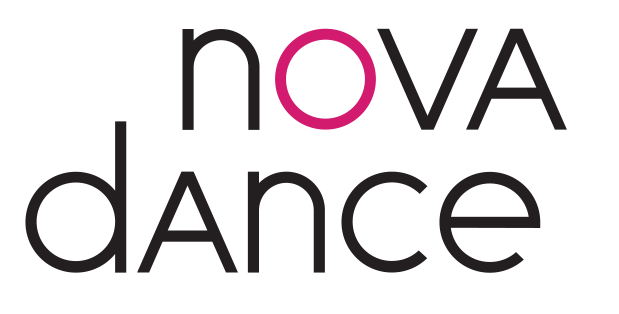Interview with Devyani Saltzman
We spoke with Board member Devyani Saltzmam about her vision for Nova Dance’s future, her upcoming book, and how she’s staying inspired.
What originally inspired you to join the board of Nova Dance?
Nova asked me! I had just come back from Banff. To be honest I didn’t know the company or the work well. Svāhā was in development, and she invited me to an open rehearsal at the Theatre Centre a little more than three years ago. I had never been on the Board of a dance company and although I’ve done a lot of work in the arts, nothing specific to my own South Asian background. So, it was a combination of Nova, and the company’s work creating a contemporary form based in South Asian dance that was very exciting to me.
In the time that you’ve been with the company, almost 3 years, what is the biggest shift you’ve noticed?
I think the biggest shift is one that I feel fortunate to be able to witness through Metcalf’s Staging Change program. It’s the shift from a mandate rooted in being a company focused solely in dance, when I joined, to one that has expanded in terms of community activation, new forms of engagement outside of presenting and now looking at care and compassion in addition to traditional models of productivity and presentation. So that’s the biggest shift.
Do you have an artistic practise that you’ve (re)connected with during the pandemic?
Writing. I wrote my first book ten years ago, and now I’m working on my second. I was scared to be a writer, so I went back into being a curator/programmer for fifteen years. This time of pandemic related loss and change is also a gift because I can work on my manuscript now.
Would you mind sharing a little bit about your work in progress?
I’m working on a non-fiction book about this moment of systems change in the arts, especially from a BIPOC leadership perspective in institutions. I lived it as the first woman of colour Director of Literature at the Banff Centre, and then as Director of Programming at the AGO.I think there are so many people experiencing and attempting structural change from within organizations, and I thought it was a really good opportunity to look at it both from a personal narrative and a cultural theory perspective. I’m working on this with the hopes it’s an act of service to others.
What is inspiring you?
People. Just conversations with people. Even the conversation we’re having with Nova Dance about care, and “the pause”… the ability to think differently about how we do things is inspiring me.
Is there anything you’ve been doing strategically to cope with the additional challenges the pandemic has brought forth?
I’m trying to really listen to the body for the first time. When I’m in pain or tired, I exercise. I swim and I walk. And I have support from friends so that’s what I do to cope. And the governance work that I’m involved in keeps me in community as well.
Is there one thing that you would like to hold onto and bring with you out of the pandemic era, what would that be?
Not rushing back to this idea of productivity as constant churn. We were producing almost 400 events per year at the AGO. I don’t think we need to live like that. I wonder how we can do meaningful projects that are also mindful and with intention... Just [stepping off] the wheel that the arts has become so accustomed to.
What would you like to see for the future of Nova Dance?
I would like to see it incorporate some of its newfound discoveries through Staging Change into its daily practise. So, in addition to Svāhā being mounted and presented, this exploration of community-based care could become part of a regular offering beyond large-scale production and performance. I’d like to see a company that’s holistic.
Although it carries her name, she's empowering the Artistic Associates to own it too. I think it’s a time of growth and transition.
--
Be sure to check out Devyani’s new podcast, The Culture Shift, where she engages in conversations with intersectional artists and arts workers working at the forefront of their practice, and pushing systems change from both within and outside of institutional spaces.

